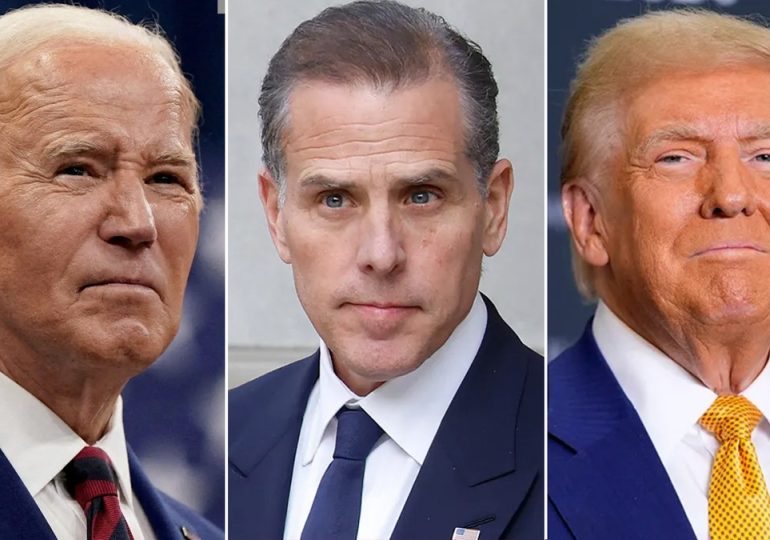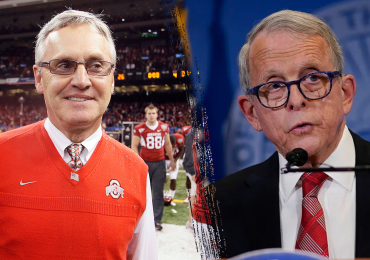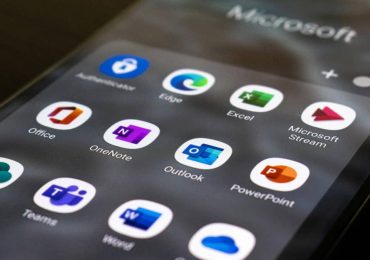The pardon debate – individual, group, partisan, preemptive – is spinning out of control.
In his “Meet the Press” interview, Donald Trump mocked Joe Biden’s repeated assurances about Hunter: “‘I’m not going to give my son a pardon. I will not under any circumstances give him a pardon.’ I watch this and I always knew he was going to give him a pardon.”
In a portion of that interview that did not air but was posted online, the president-elect complained to Kristen Welker:
“The press was obviously unfair to me. The press, no president has ever gotten treated by the press like I was.”
BIDEN’S PARDONING OF HUNTER INDICATES HE HAS ‘A LOT MORE TO HIDE’: LARA TRUMP
Why did he appear on “Meet the Press”? “You’re very hostile,” Trump said. Her response: “Well, hopefully, you thought it was a fair interview. We covered a lot of policy grounds.”
“It’s fair only in that you allowed me to say what I say. But you know, the answers to questions are, you know, pretty nasty. But look, because I’ve seen you interview other people like Biden.”
“I’ve never interviewed President Biden,” Welker responded. Trump said he was speaking “metaphorically.”
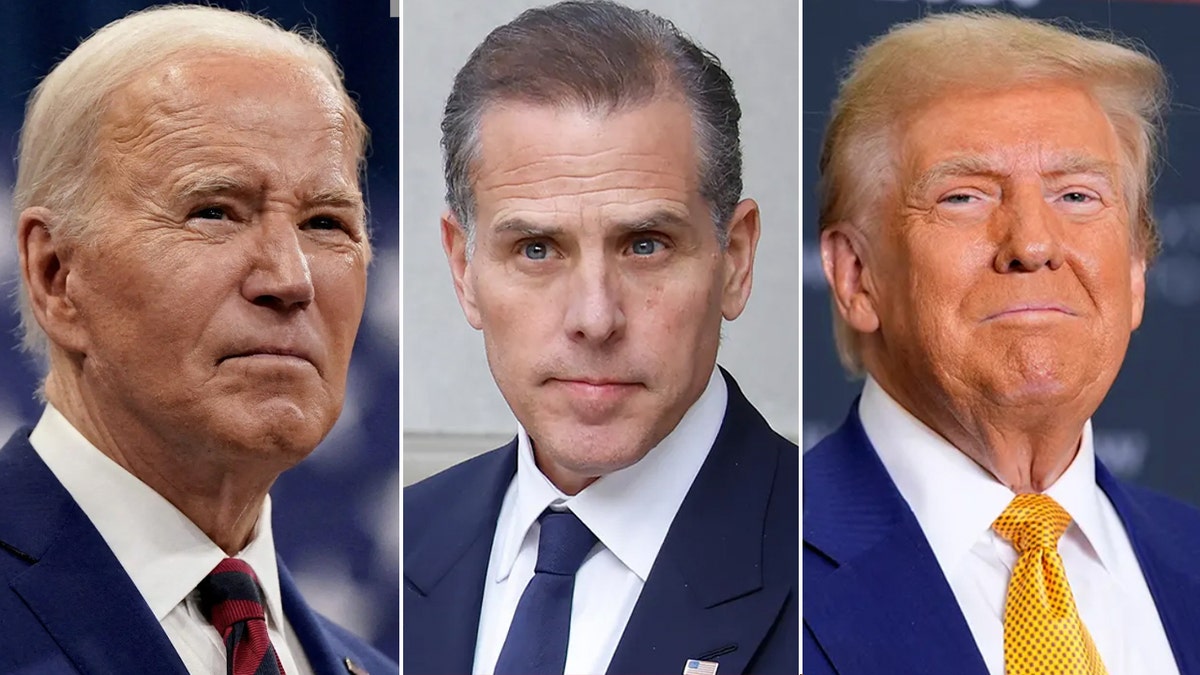
The pardon debate has been re-invigorated by President Biden’s decision to issue one to his son, Hunter, despite repeated assurances of the contrary. (Reuters/Getty/AP Images)
“I’ve seen George Stephanopoulos interview. And he’s a tough interviewer. It’s the softest interview I’ve seen. CNN interview. They give these soft, you know, what’s your favorite ice cream? It’s a whole different deal. I don’t understand why.”
The strength of Welker’s approach is that she asked as many as half a dozen follow-ups on major topics, making more news. When she asked, for instance, whether he would actually deport 11 million illegal immigrants, as he’d said constantly on the campaign trail, he answered yes – which for some reason lots of news outlets led with. But a subsequent question got Trump to say he didn’t think the Dreamers should be expelled and would work it out with the Democrats.
As for Trump, he reminded me of the candidate I interviewed twice this year. He was sharp and serious, connecting on each pitch, fouling a few off. This was not the candidate talking about sharks at rallies.
BIDEN, TRUMP BOTH RIP DOJ AFTER PRESIDENT PARDONS HUNTER
With one significant misstep, he made the case that he was not seeking retribution – even backing off a campaign pledge that he would appoint a special prosecutor to investigate Biden.
That misstep, when Trump couldn’t hold back, was in saying of the House Jan. 6 Committee members, including Liz Cheney: “For what they did, honestly, they should go to jail.”
He did add the caveat that he would let his attorney general and FBI chief make that decision, but it allowed media outlets to lead with Trump wanting his political opponents behind bars. For what it’s worth, there’s no crime in lawmakers holding hearings, and this business about them withholding information seems like a real stretch.
Now back to the pardons. This mushrooming debate was obviously triggered by the president breaking his repeated promise with a sweeping, decade-long pardon of his son, a 54-year-old convicted criminal.
But then, as first reported by Politico, we learned that the Biden White House is debating whether to issue a whole bunch of preemptive pardons to people perceived to be potential targets of Trumpian retaliation.
But the inconvenient truth is that anyone accepting such a pardon would essentially admit to the appearance of being guilty. That’s why Sen.-elect Adam Schiff says he doesn’t want a pardon and won’t accept one.
MEDIA ADMITS THE DEMOCRATIC PARTY IS TOO ‘WOKE’ AFTER KAMALA HARRIS’ 2024 LOSS
But many of those potential recipients don’t even know they’re under consideration for sweeping pardons covering anything they may or may not have done.
It is a truly awful idea, and with Biden and Trump both agreeing that DOJ engages in unfair and selective prosecutions – which in the Republican’s case made his numbers go up – the stage is set for endless rounds of payback against each previous administration.
I remember first thinking about the unchecked power of presidential pardons when Bill Clinton delivered a last-minute one to ally and super-wealthy Marc Rich.
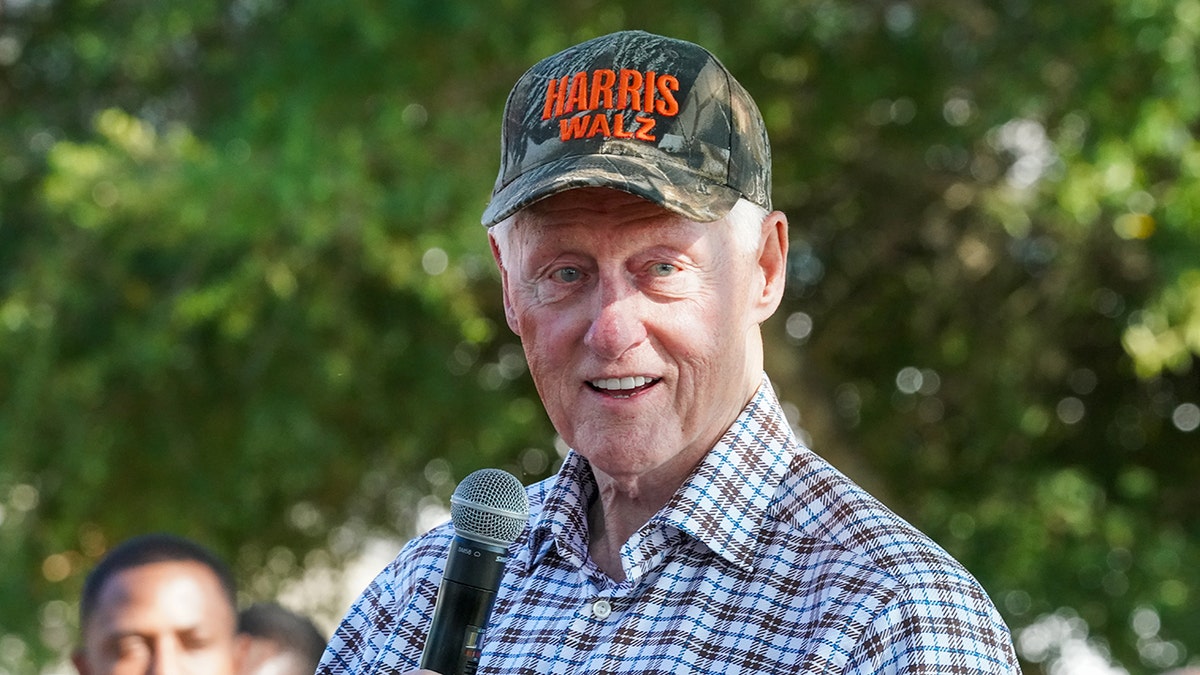
Former President Bill Clinton used his pardoning power to let off Marc Rich, an uber-wealthy ally of his. (Photo by Julia Beverly/Getty Images)
So it’s time to hear from Alexander Hamilton, who pushed it into the Constitution. Keep in mind that in that horse-and-buggy era, there were very few federal offenses because most law enforcement was done by the states.
In Federalist 74, published in 1788, Hamilton said a single person was better equipped than an unwieldy group, and such decisions should be broadly applied to help those in need.
“In seasons of insurrection or rebellion,” the future Treasury secretary wrote, “there are often critical moments, when a welltimed offer of pardon to the insurgents or rebels may restore the tranquillity of the commonwealth.”
SUBSCRIBE TO HOWIE’S MEDIA BUZZMETER PODCAST, A RIFF ON THE DAY’S HOTTEST STORIES
Otherwise, it might be too late.
But another founding father, George Mason, opposed him, saying a president “may frequently pardon crimes which were advised by himself. It may happen, at some future day, that he will establish a monarchy, and destroy the republic. If he has the power of granting pardons before indictment, or conviction, may he not stop inquiry and prevent detection?”
An excellent argument, but Hamilton won out.
CLICK HERE TO GET THE FOX NEWS APP
As Hamilton envisioned, George Washington, in 1794, granted clemency to leaders of the Whiskey Rebellion to calm a fraught situation.
Something tells me that Biden, Trump and their allies aren’t poring over the Federalist papers. But it’s still an awful lot of sweeping power to place in the hands of one chief executive, for which the only remedy is impeachment.

